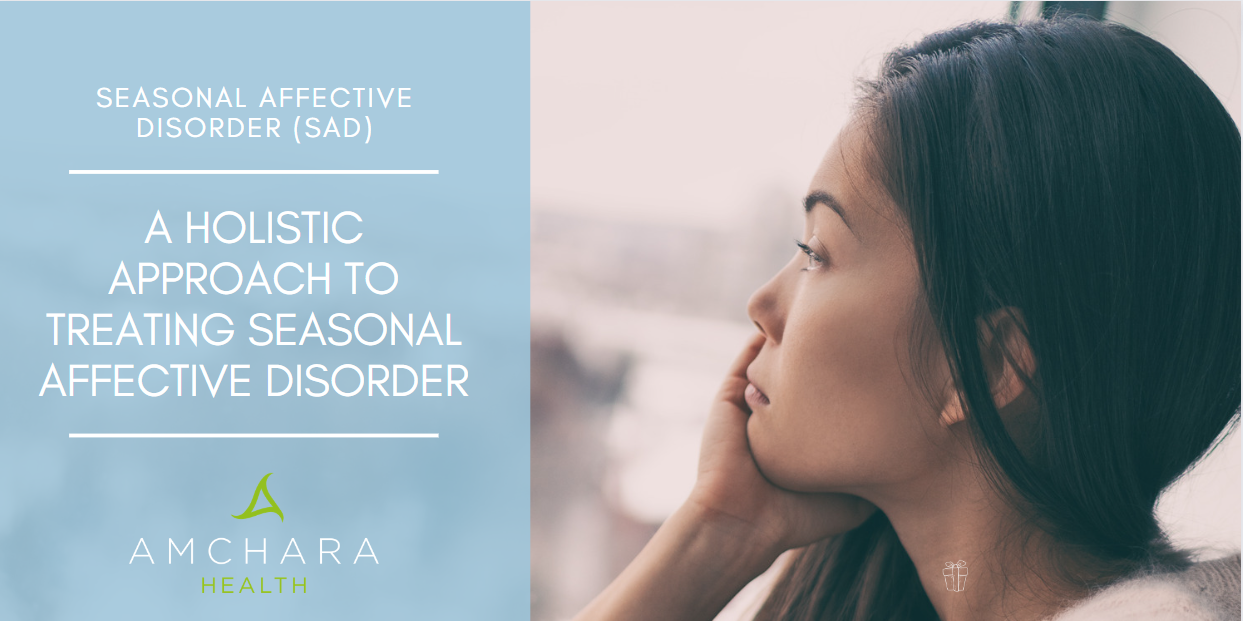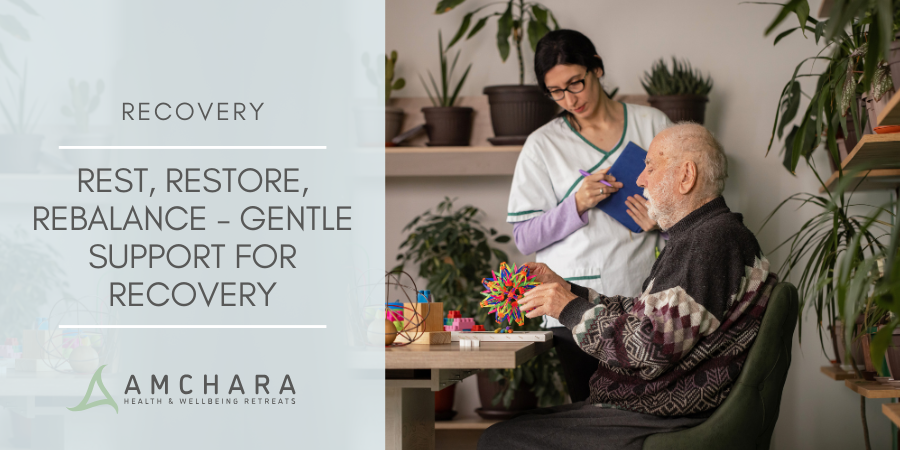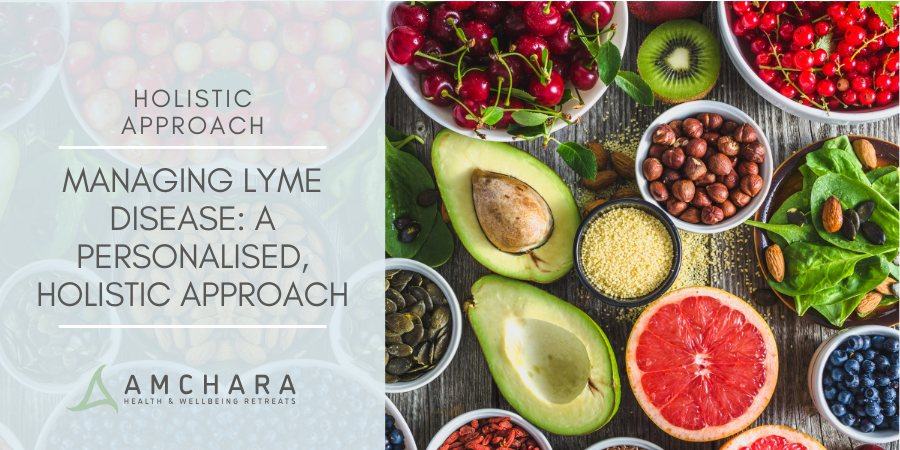Topics Covered in this article:
Seasonal affective disorder (SAD), also known as ‘seasonal depression’ and ‘winter depression’, is a term used to describe a type of depression related to certain types of weather and temperature. Typically thought to occur more in the winter, it is also possible to experience SAD in the summer months.
We always take an evidence-based approach, orientated towards holistic and Personalised Health, and aim to provide you with actionable knowledge and tips to help you on your journey to optimal health.
In this article, we take a closer look at SAD and natural ways to help relieve the symptoms.
SAD symptoms
If you are experiencing SAD, the symptoms can include some or all of the following:
- Apathy
- Lethargy
- Sadness
- Difficulty concentrating
- Difficulty sleeping
- Weight gain
- Change in appetite – feeling hungrier or not wanting to eat
- Anxiety
- Low mood
- Depression
What causes SAD?
Research suggests that over 35% of the UK population finds their moods affected to some degree in the autumn and winter months.
Our circadian rhythm plays an important role in many bodily functions, including the production of hormones. A lack of sunlight can negatively impact this internal body clock, affecting hormone production and increasing the likelihood of developing SAD symptoms.
A lack of light is thought to encourage your brain to increase the production of melatonin (a ‘sleep’ hormone) and reduce the production of serotonin (a ‘happy’ hormone). This imbalance can increase tiredness and enable the development of SAD symptoms.
There also appears to be a likely genetic predisposition for SAD and it tends to run in families.
Taking a natural approach to treating SAD
Guidance from the National Institute for Health and Care Excellence (NICE) advises that SAD should be treated in the same way as depression and so measures such as cognitive behavioural therapy (CBT), medication, counselling and psychotherapy are recommended.
Natural approaches that can exert a positive effect on the symptoms of SAD include the following:
- Light therapy: Using light alarm clocks as well as light therapy during the day. Full spectrum bulbs can be fitted into a normal light fitting or you can buy a light box. 60-80% of people suffering with SAD benefit from light therapy.
- Vitamin D: In the darker months of the year, with reduced sunlight, try to get outside into the sunshine as much as possible to expose your skin to Vitamin D. Taking a supplement is also recommended.
- Exercise: Even more beneficial if you can do this outside in the sunshine and fresh air, exercise helps your body release endorphins and so boost mood as well as promoting overall health.
- Nutrition: Ensure you eat plenty of dark, green, leafy vegetables such as greens, spinach and mustard greens. Fatty fish is a good source of Vitamin B12 and omega-3 fatty acids which studies have shown to promote good mood and alleviate symptoms of depression. Chocolate (containing at least 70% cocoa solids) can release endorphins and improve mood.
- Environment: Brighten your environment as much as you can, sitting near windows at home or at work and ensuring you let in as much natural daylight as you can.
- Sleep: Keep a regular nighttime and morning routine, making sure you go to bed and rise at the same time every day.
- Relax: Mediation, yoga and tai chi can help you relax and de-stress.
- Connect: Socialise with people you like spending time with, who can offer you support and boost your mood.
- Supplements: The amino acid 5-HTP can help your body synthesise Vitamin D and is a precursor to serotonin, a ‘happy’ hormone. St John’s Wort is a popular choice to alleviate depression, but check with a health professional as it can interact with prescription medication, as well as cause drowsiness.
- Plan ahead: If you are aware of patterns in low mood, think about what might help support you ahead of time – maybe rearrange meetings and plan to carry out relaxation activities, or ensure you have plenty of healthy food if you don’t want to go out.
- Self care: Take time to look after yourself. Many people have different responsibilities, caring for others and it is important to remember that ‘self care is not selfish’. Make time for yourself every day, even if it is just ten minutes reading a book, going for a walk, or having a relaxing bath.
Takeaway
SAD is a serious form of depression, affecting many people worldwide. Adopting the above strategies can help alleviate its symptoms and help you feel better.
If you want to boost your health and immune system even more over the coming months, why not come to Amchara for a relaxing detox health retreat in our tranquil surroundings? With expert advice on hand from our experienced Personalised Health practitioners, you can benefit from personalised advice, tailored to your needs and goals to help you maximise your health gains.
Or if it’s hard to find time to get away, why not try Amchara Juicery – cold-pressed, nutritious juices delivered to your door to help you boost your health, naturally. Created by Amchara’s expert in-house health team, you can enjoy a range of fresh, organic juice cleanses (and super soups) at home.
You may also be interested in:




